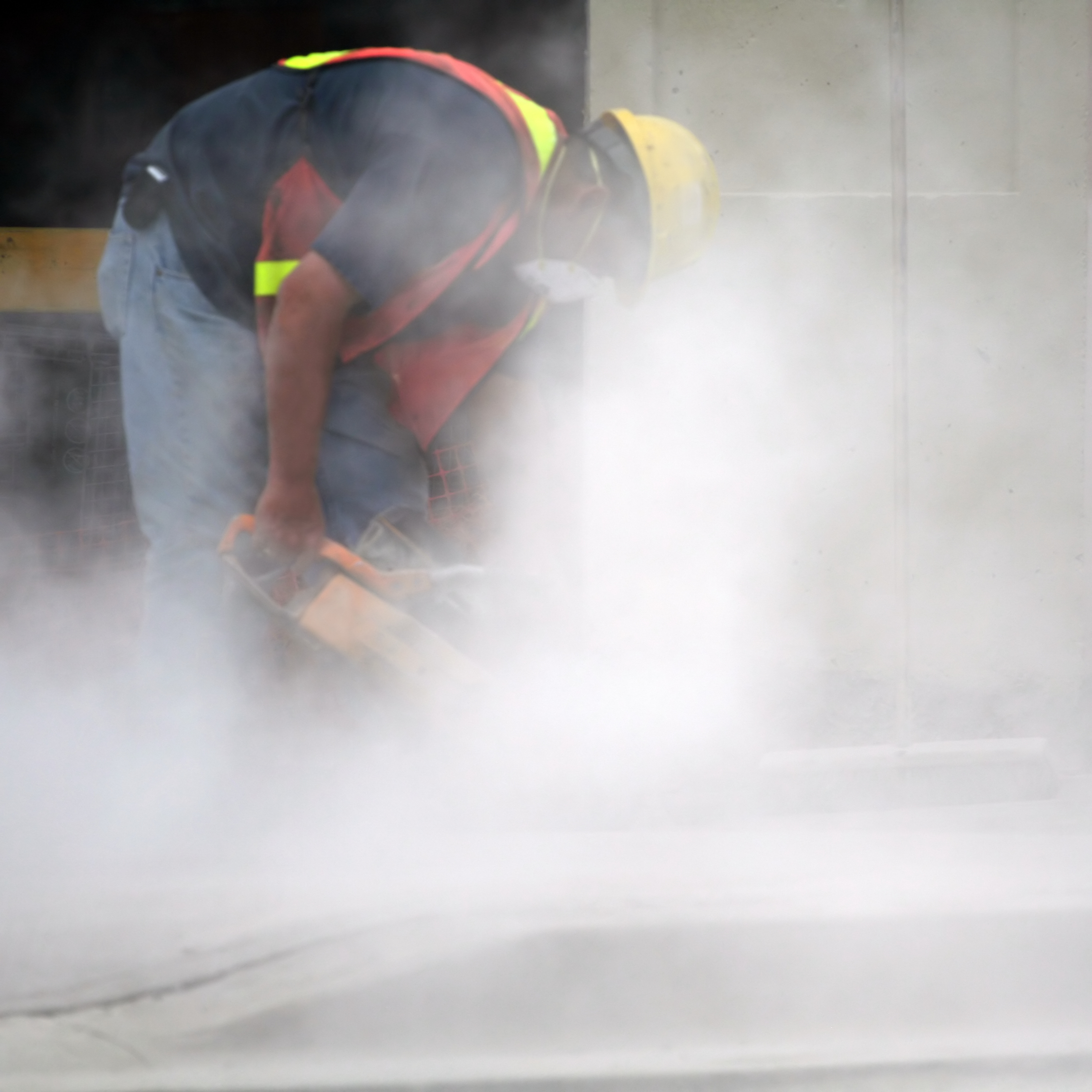What is Industrial Hygiene (IH)?
In countries outside of the United States, the concept of industrial hygiene is referred to as “occupational hygiene” which we believe reveals more about its true meaning. The focus of industrial hygiene is worker safety and the concept has been recognized for millennia. Some of the earliest ideas were based on exposure to lead and other hazards in mining. Since then, the need for workplace safety has progressively become more acknowledged and prioritized, and it is now an integral part of the way we operate businesses in our society.
Call us at 603-942-5432 today or contact us online to find out how we can support your industrial hygiene control program.
In 1970, the Occupational Safety and Health Act (OSHA) was set into place in the United States. For the first time, employers were required to provide safe and healthful environments for their workers based on specific regulations. In order to establish these regulations, the OSHA relies on certified industrial hygienists (CIHs) to anticipate, recognize, evaluate, and recommend controls for physical and environmental hazards that could negatively impact the well-being of the employees. At RPF Environmental, we support our customers with a variety of industrial hygiene services. In this first part of the five-part blog series, we discuss silica exposure monitoring.
About Silica Exposure Monitoring
What Is Silica?
Silicon dioxide is a basic component of sand, quartz, and granite. Quartz is the second most common mineral in the Earth’s crust, so that means it is very common in our environment as well. It does not typically become an issue until it becomes airborne in dust and is breathed in frequently. When this happens, serious health complications can occur, such as pulmonary fibrosis, COPD, silicosis, lung cancer, and kidney disease. Incidentally, silicon dioxide is even more dangerous for smokers.
Dust that contains silica becomes airborne when stone or stone products (such as concrete, sand, mortar, and bricks) are disturbed through activities like sandblasting, drilling, cutting, and foundry work. The construction industry, agriculture, the maritime industry, manufacturing, ceramics, mining, and rock cutting are just a few of the industries that need to monitor the silica in the environment to protect the safety of their workers.
Work sites where silica is known to exist in its airborne form are required by OSHA to have a complete control program to protect their workers’ health. Some of the measures put in place are related to respiratory protection, medical surveillance, training, monitoring and surveillance data, housekeeping rules (e.g. no dry sweeping), recordkeeping, and limiting exposure of workers to silica dust. To support employers, our Certified Industrial Hygienists (CIHs) at RPF Environmental assist with developing a control program for silica.
Furthermore, we are often requested to monitor and record the amount of silica in the air during certain activities that are potentially hazardous, or that generate dust with materials that contain silica. Employers are required to alert their employees when levels exceed acceptable limits and take further steps to reduce exposures. This allows companies to comply with OSHA standards by providing monitoring and surveillance data as well as recordkeeping. More importantly, this provides awareness to workers when they are at heightened risk in order to modify the situation using engineering controls and personal protective equipment as needed before continuing work.
Stay tuned for more information about industrial hygiene services in the next four parts of this series. Call us at 603-942-5432 today or contact us online to find out how we can support your industrial hygiene control program.




